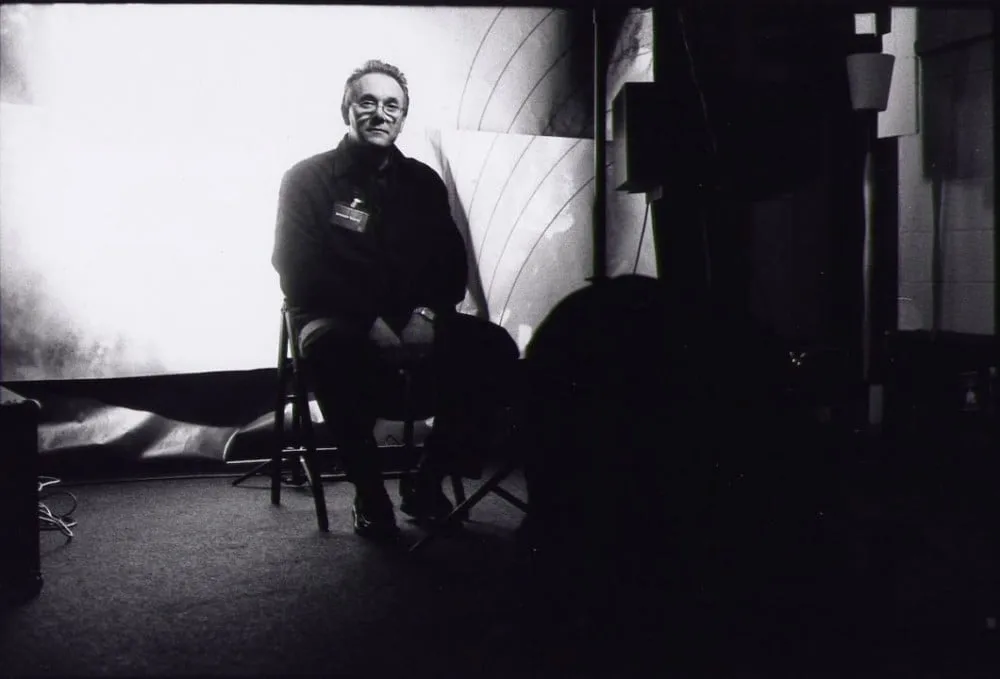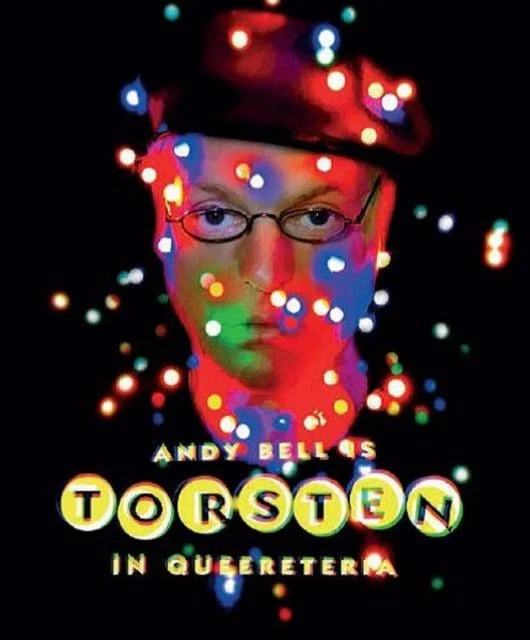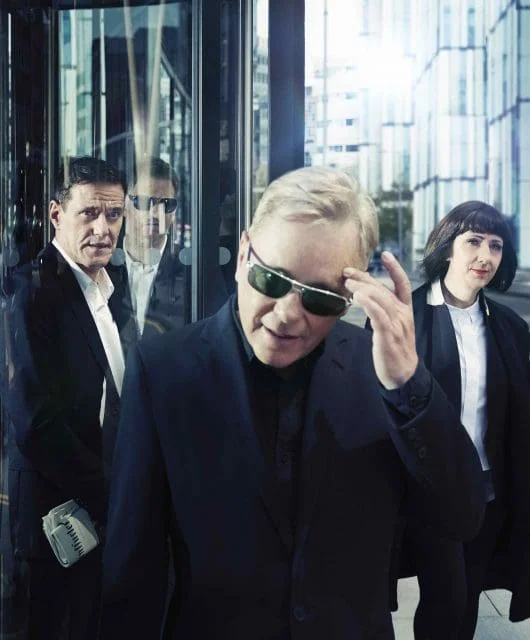Godfathers of Pop – Trevor Horn Interview
By Ian Peel | March 30, 2015
From the pomp of Propaganda to the ceremony of Act; from the should-have-been-massive Nasty Rox Inc. to the couldn’t-have-been-bigger Frankie, Zang Tuum Tumb has steered electronic futurist pop for three decades. As part of the label’s 30th anniversary, producer Trevor Horn sat down with his original co-founder Paul Morley to talk about the (st)Art of Noise…

Does it feel like 30 years, Trevor?
God, it does, yeah! We were all young, we didn’t know what was in store…
Those early months in 1984, I guess, was where a lot of the exuberance and house style and idea of the label came about. It was kind of anarchy in a way, wasn’t it? Nobody really had any limitation, almost, in terms of what they were doing.
Well, the record label was in essence just you, me and Jill [Sinclair]. I don’t recall there being any other major figure in the early years. There wasn’t a marketing team. No one defined our role, other than: we want to start a record label; we’ve got this deal with Island [who distributed ZTT until 1988]; you’ve got a job; and here, you have to dream it up.
It may have been a certain amount of anarchy, but it wasn’t that much anarchy… it wasn’t anarchy with 20 people all doing different things. It was just three of us, and really you were thinking about the record label, the name, and the whole manifesto of it.
From my point of view, when I heard Dollar, Malcolm McLaren or ABC, they were like prototype ZTT acts. I liked that side of it, that you were inventing things, putting upon these people your own imaginative construct.
I don’t think I was quite thinking about it like that. I think it was that, in the years up to Video Killed The Radio Star, I’d found a way of doing vivid things in the studio that other people hadn’t latched onto. I applied it to Dollar as if they were like a Buggles record. That’s what Jill said to me: ‘make a Buggles record, and they’ll front it’.
When you get to something like ABC, in essence it was ABC but with me, JJ Jeczalik, Anne Dudley and Gary Langan – all members of the Art Of Noise, that team of people – grafted on to it. Everybody was right on it at that particular point of time.
Art Of Noise became ZTT’s house band with a house sound, if you like. That was important in terms of research and development for what the label became.
The Big Beat Colossus, I seem to remember! Yeah, you used to talk about it like that quite a bit… it’s because of this thing of me always wanting to use musicians rather than programs. The idea that, if you produce one person doing something, it’s not the same as having a group of musicians. When you’ve got a group of musicians, anything can happen.
The oddest things can happen. You can say ‘Let’s do it in this tempo or that tempo, this key or this key’ and one guy out of the four of them can do something and give you the whole clue to the rest of the album.
So, 30 years on, are you pleased with what, as a label, ZTT achieved? And did it do what you hoped it would do?
I think of how naive I was, to think that I really wanted to start CBS and what that would have really meant! You know what… if I was ever going to start ZTT again then I’d do it now, because it’s the era of small labels.
So a lot of what it did in a way predicted what is around now?
I think what we had for a while was so good, you’re right, and I didn’t value it enough at the time. That thing of actually having an audience. We were one of the fi rst new labels that had an audience that would have bought whatever we put out, out of interest and respect, that it would have some value to it. That’s such a rare thing to actually get that. And we had it for a while, where we could get something like Dr Mabuse [Propaganda’s debut single] into the Top 20.
Or something like Close (To The Edit) by Art Of Noise…
Close (To The Edit) got into the Top 10, and that kind of thing happens so rarely. That was the fun aspect of it. I’m proud of it! I even love the name, Art Of Noise, I think it’s a great name. And I think the great thing is that major parts of the catalogue still stand up, the actual records we made.
Things like Dream Within A Dream and A Secret Wish,that whole Propaganda album kind of inspired Thriller. Or the one after Thriller, Bad. I know that because Quincy Jones phoned me up and told me. Yeah, I’m proud of it in that sense.






